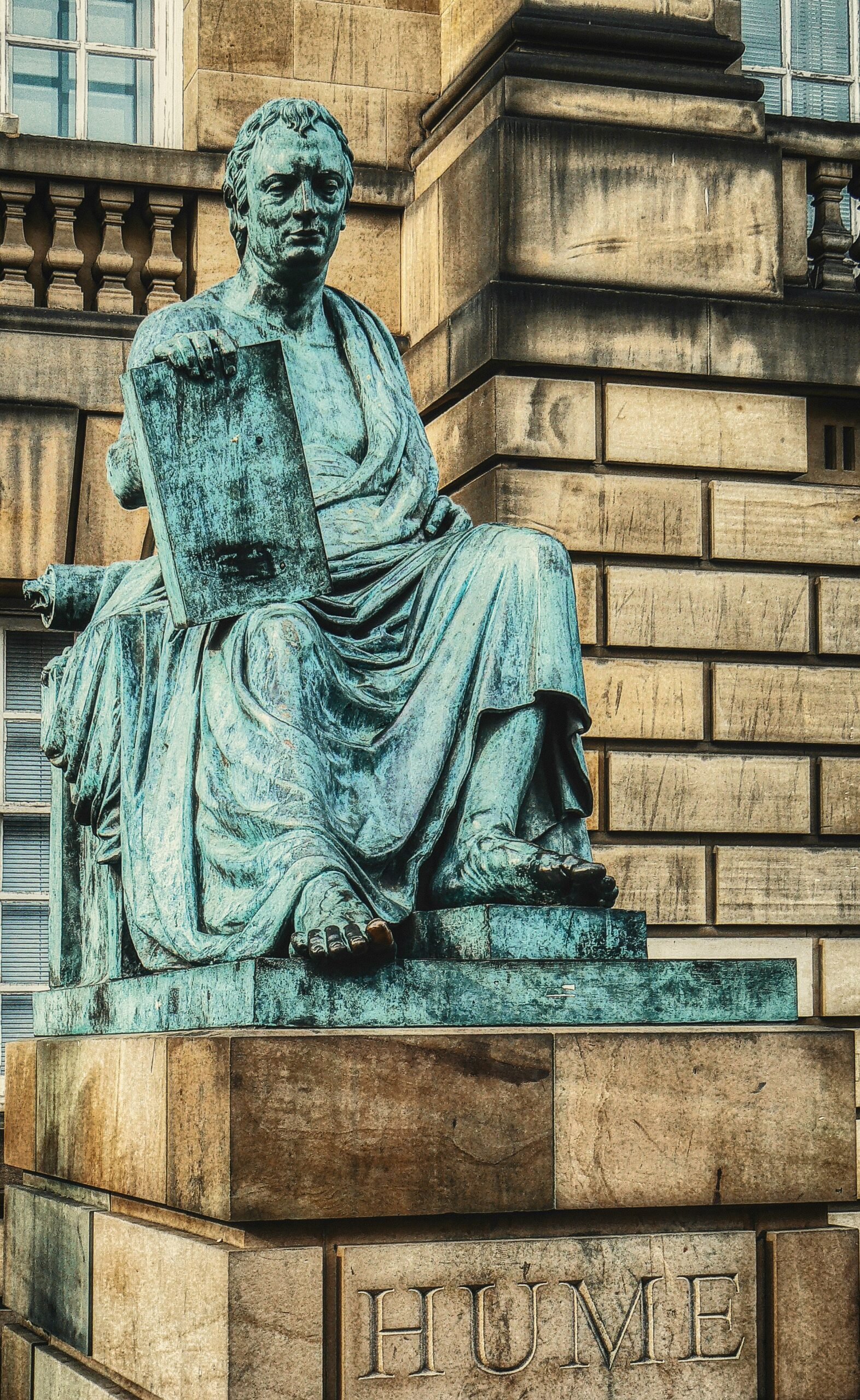Swami Vivekananda and the Message of Vedanta
The teachings of Swami Vivekananda’s guru, Sri Ramakrishna Paramahamsa, deeply influenced him when he was born in Kolkata, India, in 1863. Under the guidance of his guru, Vivekananda delved deep into the study of Vedanta, immersing himself in the scriptures and the philosophy they contained. He not only gained a profound understanding of the teachings but also experienced their transformative power firsthand.
Vivekananda’s Mission to Spread Vedanta
After the passing of his guru, Vivekananda embarked on a mission to spread the message of Vedanta to the world. He believed that the philosophy had the potential to bring about a spiritual revolution and help individuals realize their true nature. In 1893, he represented Hinduism at the Parliament of the World’s Religions in Chicago, delivering a groundbreaking speech that captivated the audience and put Vedanta in the spotlight.
The Practical and Universal Teachings of Vivekananda
Vivekananda’s teachings were characterized by their practicality and universality. He emphasized the idea that Vedanta was not meant to be confined to the realms of philosophy and intellectual discourse but was meant to be lived and experienced. He believed that the ultimate goal of Vedanta was not mere intellectual understanding but the direct realization of one’s own divinity.
Vivekananda’s Impact and Legacy
Vivekananda’s teachings resonated with people from all walks of life, attracting both intellectuals and the common man. His lectures and writings were filled with profound insights and practical guidance on how to apply the principles of Vedanta in everyday life. He emphasized the importance of self-discipline, selfless service, and the cultivation of spiritual qualities such as love, compassion, and detachment.
Through his tireless efforts, Vivekananda established the Ramakrishna Mission and the Ramakrishna Math, organizations dedicated to the propagation of Vedanta and the upliftment of humanity. He also inspired a generation of spiritual seekers and disciples who carried on his legacy and spread the teachings of Vedanta across the globe.
The Relevance of Vedanta in the Modern World
Today, Vedanta continues to inspire millions of people around the world, offering them a profound understanding of life’s purpose and the means to attain spiritual realization. Its timeless wisdom and practical approach make it relevant in the modern world, providing guidance and solace to those seeking answers to life’s deepest questions.
Vivekananda’s Teachings on Practical Vedanta
Vivekananda’s teachings on Practical Vedanta go beyond mere intellectual understanding. He believed that true wisdom comes from direct experience and personal realization. In his view, Vedanta is not just a philosophy to be discussed in classrooms or debated among scholars. It is a way of life that should be practiced and lived in every moment.
Vivekananda’s Vision of a Universal Religion
According to Vivekananda, the purpose of Vedanta is to transform individuals and society. It is not enough to have a theoretical understanding of spiritual concepts; one must apply them in practical ways. This means embodying the principles of self-realization, self-discipline, and moral character in our everyday actions.
Vivekananda placed great importance on self-realization, the process of discovering one’s true nature and purpose in life. He believed that each individual has the potential to realize their divinity and tap into their inner power. This realization is not limited to a select few, but is accessible to all who are willing to put in the effort and practice.
Self-discipline was another key aspect of Vivekananda’s teachings. He emphasized the importance of cultivating discipline in our thoughts, words, and actions. By disciplining the mind and senses, we can gain control over our desires and impulses. This self-control allows us to make conscious choices that align with our higher ideals and values.
In addition to self-realization and self-discipline, Vivekananda stressed the importance of developing a strong moral character. He believed that true spirituality is not just about personal growth, but also about serving others and making a positive impact in the world. Vivekananda encouraged individuals to engage in selfless service to humanity, seeing the divine in every person and treating them with love and compassion.
Practical Vedanta, as taught by Vivekananda, is a philosophy that empowers individuals to live a life of purpose, integrity, and selflessness. It is a call to action, urging us to apply spiritual principles in our daily lives and make a positive difference in the world. By practicing Practical Vedanta, we can transform ourselves and contribute to the betterment of society as a whole.
Vivekananda’s Vision of a Universal Religion
Vivekananda’s vision of a universal religion goes beyond the superficial differences that separate various religious traditions. He believed that at their core, all religions teach the same fundamental truths and principles. This understanding led him to advocate for religious harmony and tolerance, urging people to recognize the common thread that runs through all faiths.
In Vivekananda’s view, the universal religion is not about converting people to a particular belief system or imposing a set of dogmas. Instead, it is about fostering a deep sense of inner realization and connection with the divine. He emphasized the importance of personal spiritual experience and encouraged individuals to explore their own inner depths to discover the truth for themselves.
This concept of a universal religion is not meant to undermine or diminish the significance of individual religious traditions. On the contrary, Vivekananda believed that each religion has its unique contribution to make in the spiritual evolution of humanity. He saw religious diversity as a source of enrichment, where different traditions can learn from one another and deepen their understanding of the divine.
Vivekananda’s universal religion is rooted in the principles of love, compassion, and acceptance. It encourages individuals to cultivate these qualities in their interactions with others, regardless of their religious background. By embracing the diversity of religious expressions, Vivekananda believed that people can transcend the divisions that separate them and foster a sense of unity and brotherhood.
To Vivekananda, the universal religion is not a theoretical concept to be debated or analyzed. It is a lived experience, a way of being in the world. It calls for individuals to embody the teachings of their respective traditions and live a life of righteousness, love, and service to humanity. This practical approach to spirituality is what sets Vivekananda’s vision apart and makes it relevant in today’s world.
Vivekananda’s Philosophy of Education
Vivekananda’s philosophy of education goes beyond the traditional concept of knowledge acquisition. He believed that education should be a transformative experience that shapes individuals holistically. According to Vivekananda, education should not only focus on the development of intellectual abilities but also on the cultivation of character and moral values.
In Vivekananda’s view, education should empower individuals to lead purposeful and meaningful lives. It should enable them to discover their true potential and manifest their inherent talents and abilities. This emphasis on self-discovery and self-realization highlights Vivekananda’s belief in the uniqueness of every individual.
To achieve this, Vivekananda advocated for an education system that nurtures creativity, critical thinking, and problem-solving skills. He believed that these skills are essential for individuals to navigate the challenges of life and contribute positively to society.
However, for Vivekananda, education is not solely about career preparation. It is also about fostering spiritual and moral growth. He believed that education should instill values such as truth, honesty, compassion, and selflessness. These values serve as guiding principles for individuals to lead ethical and responsible lives.
Vivekananda’s philosophy of education aims to create individuals who are not only intellectually competent but also morally upright and socially responsible. He believed that education should not only provide individuals with the tools to succeed in their chosen fields but also equip them with the wisdom and compassion to make a positive impact on the world.
In summary, Vivekananda’s philosophy of education emphasizes the holistic development of individuals. It advocates for an education system that goes beyond the acquisition of knowledge and focuses on character development, self-discovery, and the cultivation of moral values. By nurturing creativity, critical thinking, and problem-solving skills, Vivekananda’s philosophy aims to empower individuals to lead purposeful lives and contribute meaningfully to society.
















+ There are no comments
Add yours